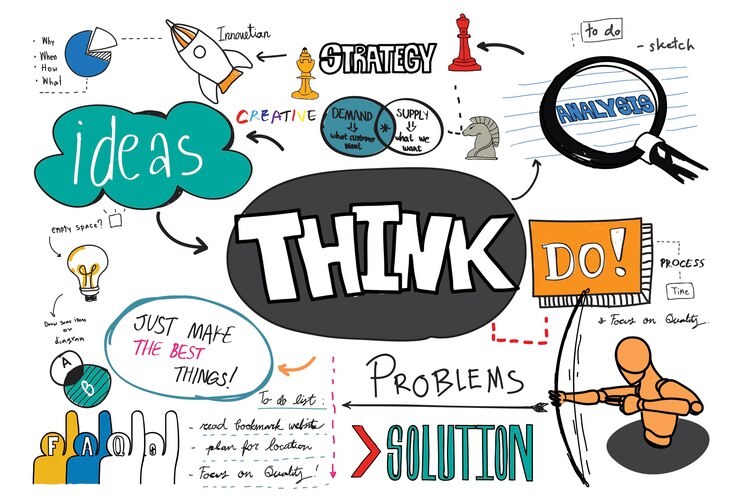November 9, 2024
In today’s fast-paced business landscape, innovation is the lifeblood of success. At Winberry Global, we’ve witnessed firsthand the transformative power of design thinking in driving creativity, solving complex problems, and unlocking new opportunities.

The Design Thinking Advantage
Design thinking offers a structured approach to innovation, comprising:
1. Empathic discovery: Uncovering hidden user needs.
2. Opportunity definition: Framing problems and identifying solutions.
3. Idea generation: Unleashing creative potential.
4. Prototyping and testing: Validating assumptions.
5. Iterative refinement: Enhancing solutions.
Real-World Impact
Our clients in the Digital Space have achieved remarkable success through design thinking:
75% experienced a 25-40% surge in customer engagement
90% reported heightened user satisfaction
60% saw notable conversion rate increases
Additionally, industry research supports the effectiveness of design thinking:
● A McKinsey study found that design-driven companies outperform industry benchmarks
by 25% (Source: McKinsey Design, 2020)
● Forrester Research reports that design thinking leaders experience 20% higher revenue
growth (Source: Forrester, 2022)
Best Practices for Implementing Design Thinking
To succeed, organizations must:
1. Foster a culture of curiosity and experimentation.
2. Encourage cross-functional collaboration.
3. Leverage design thinking tools and methodologies.
4. Test and refine solutions iteratively.
5. Embed design thinking into organizational DNA.
Conclusion
Design thinking is a powerful catalyst for innovation, empowering organizations to drive growth,
improve customer experiences, and stay ahead in a rapidly changing market.


